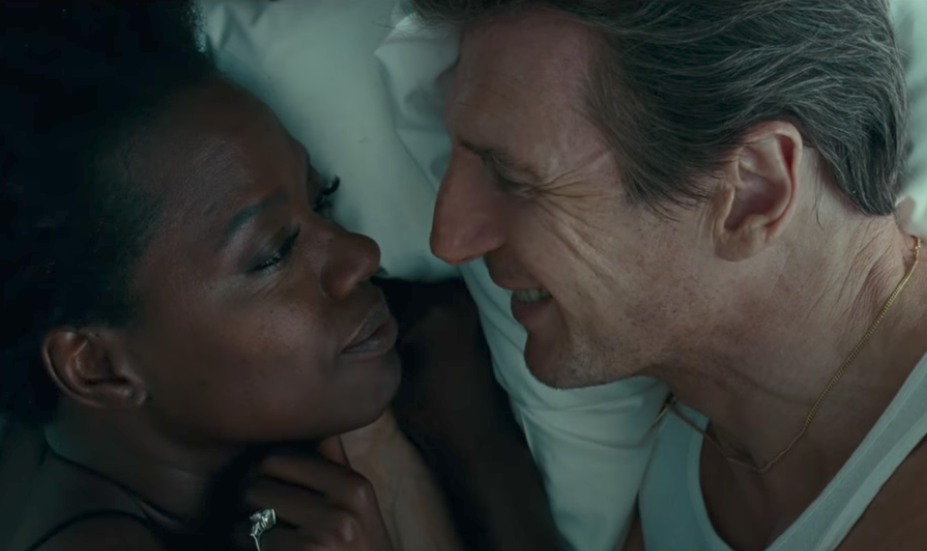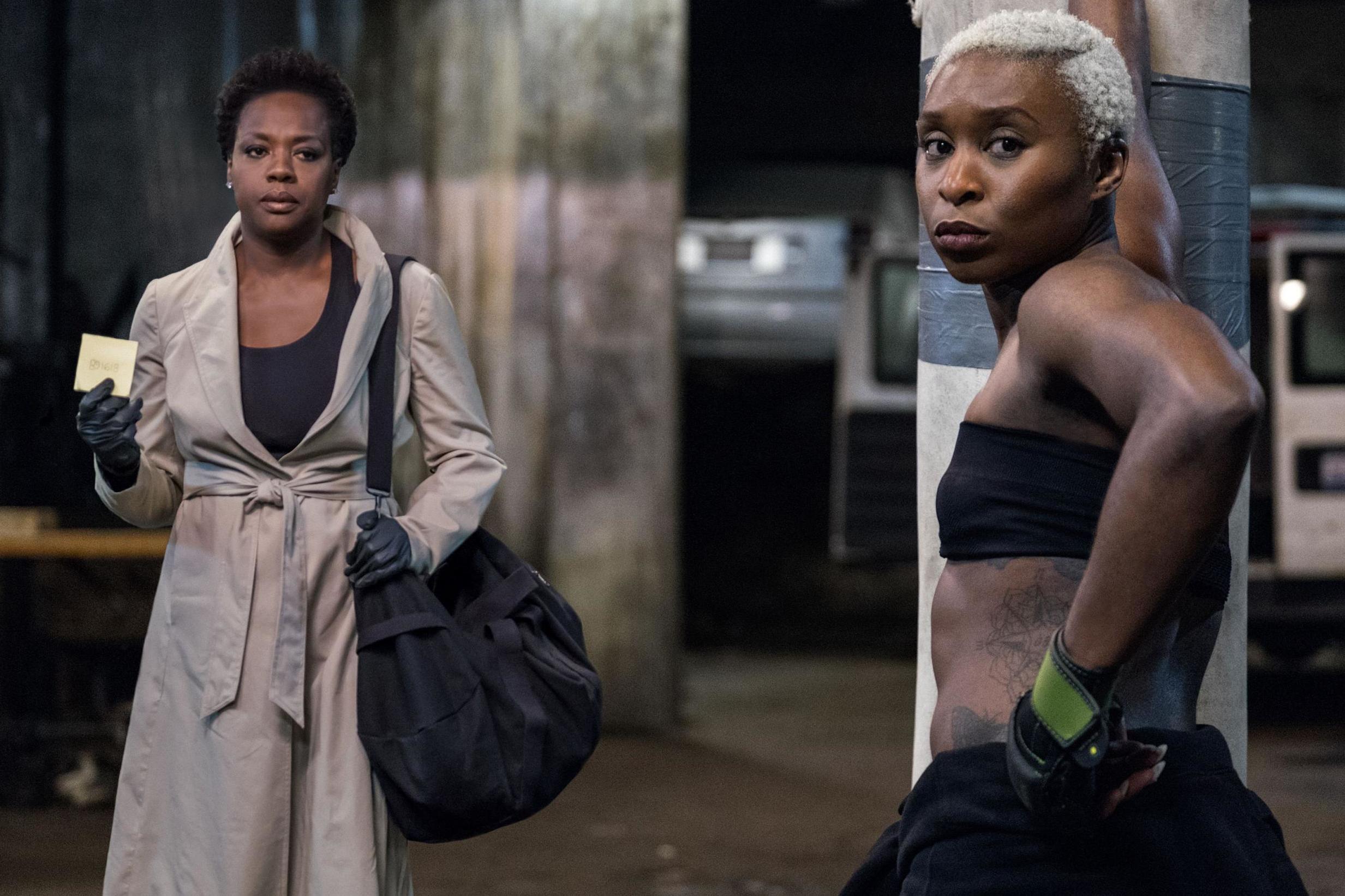Widows star Viola Davis explains the subtle yet powerful significance of her opening scene
In the viral clip from a BBC interview, the Oscar-winning actor explains why the scene may have been overlooked by most film critics – but still matters

Your support helps us to tell the story
From reproductive rights to climate change to Big Tech, The Independent is on the ground when the story is developing. Whether it's investigating the financials of Elon Musk's pro-Trump PAC or producing our latest documentary, 'The A Word', which shines a light on the American women fighting for reproductive rights, we know how important it is to parse out the facts from the messaging.
At such a critical moment in US history, we need reporters on the ground. Your donation allows us to keep sending journalists to speak to both sides of the story.
The Independent is trusted by Americans across the entire political spectrum. And unlike many other quality news outlets, we choose not to lock Americans out of our reporting and analysis with paywalls. We believe quality journalism should be available to everyone, paid for by those who can afford it.
Your support makes all the difference.A clip of Viola Davis speaking about her new film Widows has gone viral, as fans share her important point about representation in Hollywood.
The Oscar-winning actor stars in Steve McQueen‘s adaptation of the 1980s ITV series of the same name, about a group of bereaved women who plan to finish the heist their husbands started.
In the interview, which was originally published by the BBC and later re-shared as a shorter clip by Diversity School – an initiative campaigning for better representation in UK drama schools – on Twitter, Davis explains why the scene, which some might consider to be insignificant, is incredibly important.
“The film begins with me in bed with Liam Neeson, and we’re kissing, and it’s a sexualised kiss,” she says. “Here I am, I’m dark, I’m 53, I’m in my natural hair... and I’m with Liam Neeson. I’m with what America would consider to be a ‘hunk’.
“He’s not my slave owner. I’m not a prostitute. It’s not trying to make any social or political statements. We’re simply a couple in love. And what struck me in the narrative is that I’d never seen it before. And you’re not gonna see it this year, you’re not going to see it next year, you’re not going to see it the year after that.”
“Most critics, most cinephiles, will probably not even acknowledge that as anything novel,” she continued. “They’ll say, ‘so what? It’s not making a political statement’.
“So if it’s not making anything, then why isn’t it done? If we are indeed committed to inclusion and diversity, and we actually do see people of colour as the same as us, as our counterparts, then why can’t you consider a character that maybe is not ethnically specific, why can’t you consider someone like me for it? If it’s not a big deal? Why hasn’t it been done? Sometimes I feel like the biggest political statements are the simplest.”
The clip has received more than 30,000 retweets and 100,000 likes. Davis is one of the key voices in Hollywood campaigning to bring better diversity and representation to the film industry. Along with her husband, actor Julius Tennon, she set up multimedia company JuVee Productions in 2011 to try and tackle the problem from within, and create more suitable roles for Davis’s talent.

Widows has received critical acclaim, with particular praise for Davis’s performance and McQueen’s direction. The Independent gave the film four stars and hailed it for “subverting and reinventing genre conventions”.
Join our commenting forum
Join thought-provoking conversations, follow other Independent readers and see their replies
Comments